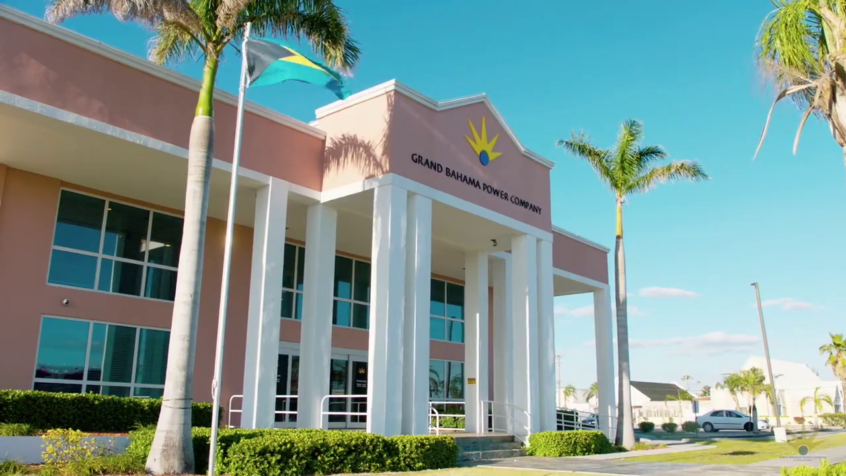Customers will now have the opportunity to provide energy to the grid.
The Grand Bahama Power Company (GBPC) plans to introduce Solar generation technology to its energy mix in 2016. In its rate submission filed with the Grand Bahama Port Authority in August, GBPC outlined solar as one of a variety of options to help diversify its energy mix. The introduction of solar technology is expected to replace GBPC’s conventional generation located at Water Cay in 2016.
GBPC recognizes that the use of solar provides benefit to our customers, partly by enabling the deferral of future capital investment in fossil fuel generation assets. Solar, when combined with a cost effective energy storage system to capture the sun’s daytime energy, will be a benefit to Grand Bahama if the energy can be released during the night when the island’s energy demand is at its highest.
Customers throughout Grand Bahama will also have the opportunity to sell energy they produce to the utility with the development of GBPC’s new Renewable Energy Rider rate (RER). This rate allows for customers to supply energy generated from energy sources such as Solar PV, Wind turbine or other forms of renewable energy to the grid.
As with any technology, there are opportunities and challenges associated with Solar PV. With this in mind, GBPC will introduce the RER as a pilot program that will initially limit the number of systems connected to the grid. These limits are intended to allow GBPC the opportunity to assess the impact to our system’s load while ensuring the stability of the grid is not negatively affected.
“We have been focused on stabilizing rates for our customers and improving reliability over the last few years; we’re turning our attention to introducing renewables on the grid. We expect to replace 100% of our fossil fuel generation at Water Cay with solar in 2016. It’s an important step towards reducing our reliance on foreign oil,” stated Paul Miller, Managing Director at GBPC.
These initiatives provide a clear example of our commitment to diversifying our energy mix and stabilizing future electricity costs all for the benefit of Grand Bahama’s energy future.

